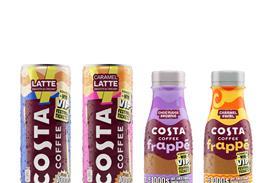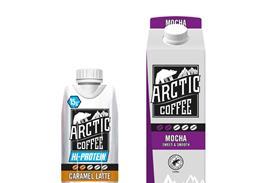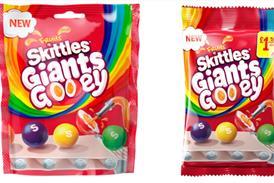New health-driven guidance which aims to promote walking and cycling as “the norm” for short journeys could stand to benefit local shops.
Published by the National Institute for Health and Clinical Excellence (NICE), the guidance recommends a number of positive actions to be taken by a range of different sectors to address the barriers that discourage people from walking and cycling.
Ideas include the implementation of more cycle hire schemes, car-free events and education and safety campaigns to encourage and enable children to walk or cycle part or all of the way to school.
It also suggests that councils integrate walking routes with accessible public transport links to support longer journeys, and that signage be amended so as to give details of the distance and/or walking time between public transport facilities and key destinations.
Although the guidance is not statutory, NHS, local authorities and the private, voluntary and community sectors will be expected to follow it.
Getting people on their feet and out and about within their local communities could prove hugely beneficial to local shops, the Federation of Wholesale Distributers (FWD) said.
“Walking and cycling are great ways to go shopping locally and suit the growing trend for shopping little and often,” director of communications David Visick told Convenience Store. “As well as getting the exercise NICE recommends, shoppers save on petrol, cut congestion and emissions, meet their neighbours and keep their spend within the community. These are advantages which local shops should exploit, and wholesalers are helping them to do that.”
However, the guidance also suggests that car parking charges be raised, a deterrent which could penalise cash-strapped shoppers.
“Things are tough enough for taxpayers already,” Matthew Sinclair, chief executive of the TaxPayers’ Alliance said. “Parking charges damage the high street, place an unnecessary burden on struggling businesses and make life even harder for households just trying to make ends meet.”
















No comments yet